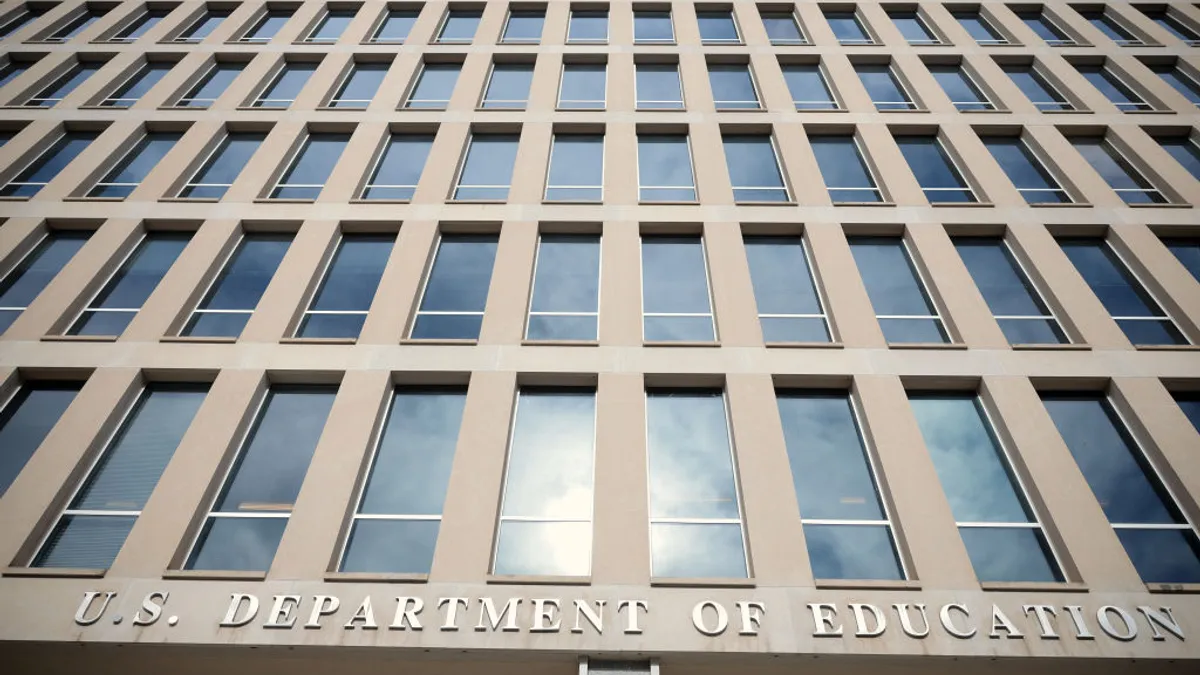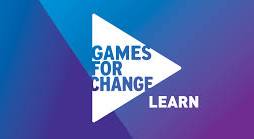The U.S. Department of Education on Wednesday cancelled two grant competitions for fiscal year 2025 meant to improve career opportunities for Native American and Native Hawaiian students, according to notices published in the Federal Register.
The competitions were cancelled because they do not "align with the objectives established by the Trump Administration while fostering consistency across all grant programs." The department also said in its notices that cancelling the competition for the fiscal year is part of "enhancing the economic effectiveness of Federal education funding."
Instead of continuing the competitions, the department will dedicate available funds to support current recipients of the grants.
In total, the grants provided nearly $21.6 million for the Native American Career and Technical Education Program and the Native Hawaiian Career and Technical Education Program, according to the Education Department's Office of Career, Technical and Adult Education. It provided nearly $18 million in Native American opportunities and $3.6 million for Native Hawaiians on an annual basis, according to the department.
The competitions were originally announced in the Federal Register on Jan. 7, prior to the inauguration of President Donald Trump, who has proposed a much slimmer Education Department budget that would cut its total funding by 15% and would streamline Title I and special education funding each into separate single grants that would let states spend the money as they see fit. The administration has also already slashed a handful of other education grant programs.
In previous years, the Native American and Native Hawaiian grants have supported schools and districts — in addition to tribes and higher education institutions — in establishing postsecondary career pathways.
For example, in fiscal year 2021, the department awarded 39 grants under the NACTEP program and nine grants under the NHCTEP program.
A NACTEP grant awarded to Chief Leschi Schools, a Native American tribal school located in Washington, allowed for work-based learning related to fisheries, medical facilities, schools and other careers.
"The tribal connections of pathways embrace and honor the culture and identity of students and families and provide students a connection to their heritage along with a path to a successful future," the program description states.
In Castle High School in Hawaii, the NHCTEP program prepared students for a medical career pathway. "The project will provide culture-based education to Native Hawaiian students and foster a community where relationships are formed, and learning is connected to the context of students’ lives applied to the real world," the description states.
In 2021-22, there were more than 8.1 million high school CTE participants out of 11.5 million participants nationwide, according to the Association for Career and Technical Education. Nationally, about 109,000 were American Indian or Alaska Native and 43,000 were Native Hawaiian or Other Pacific Islander.












